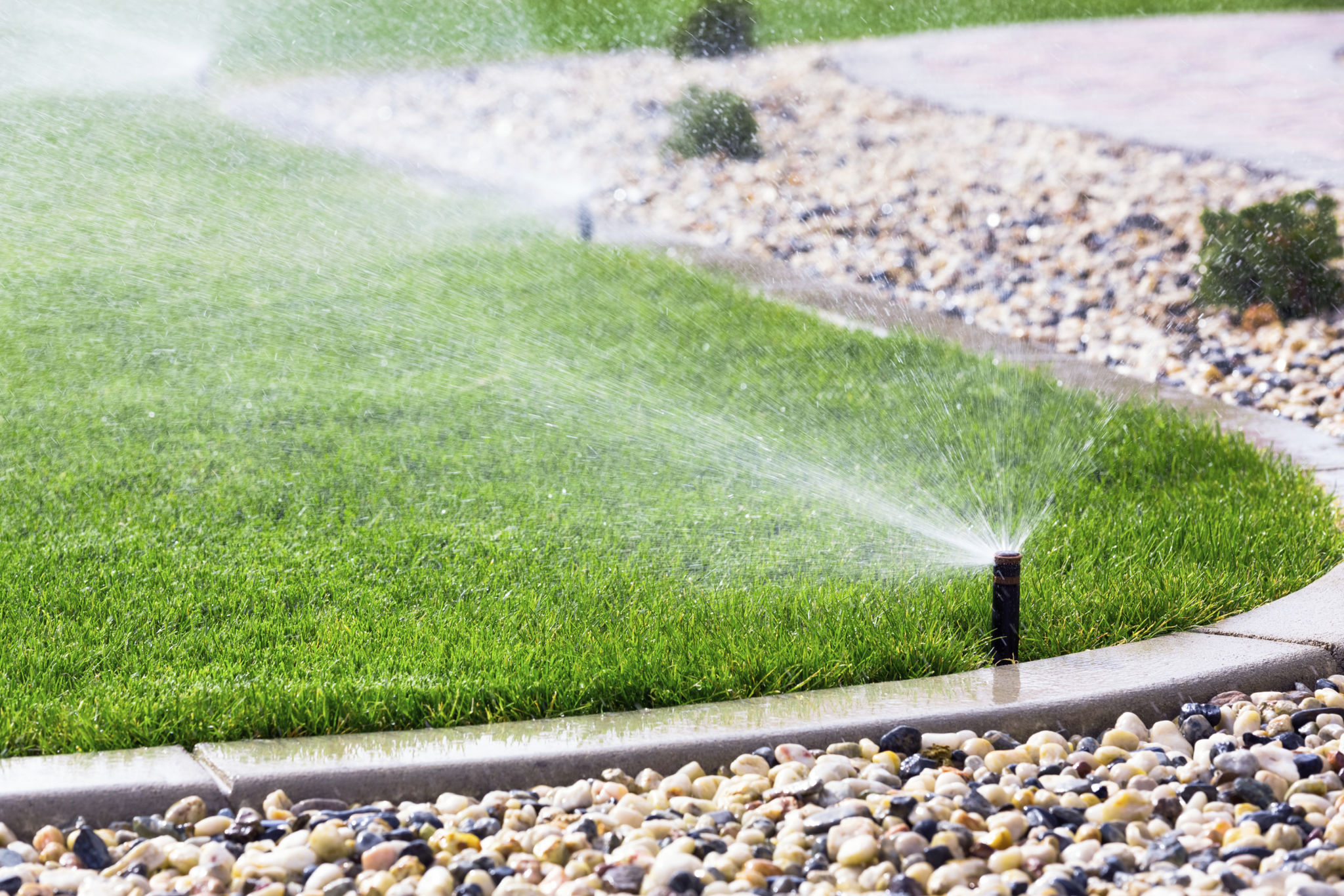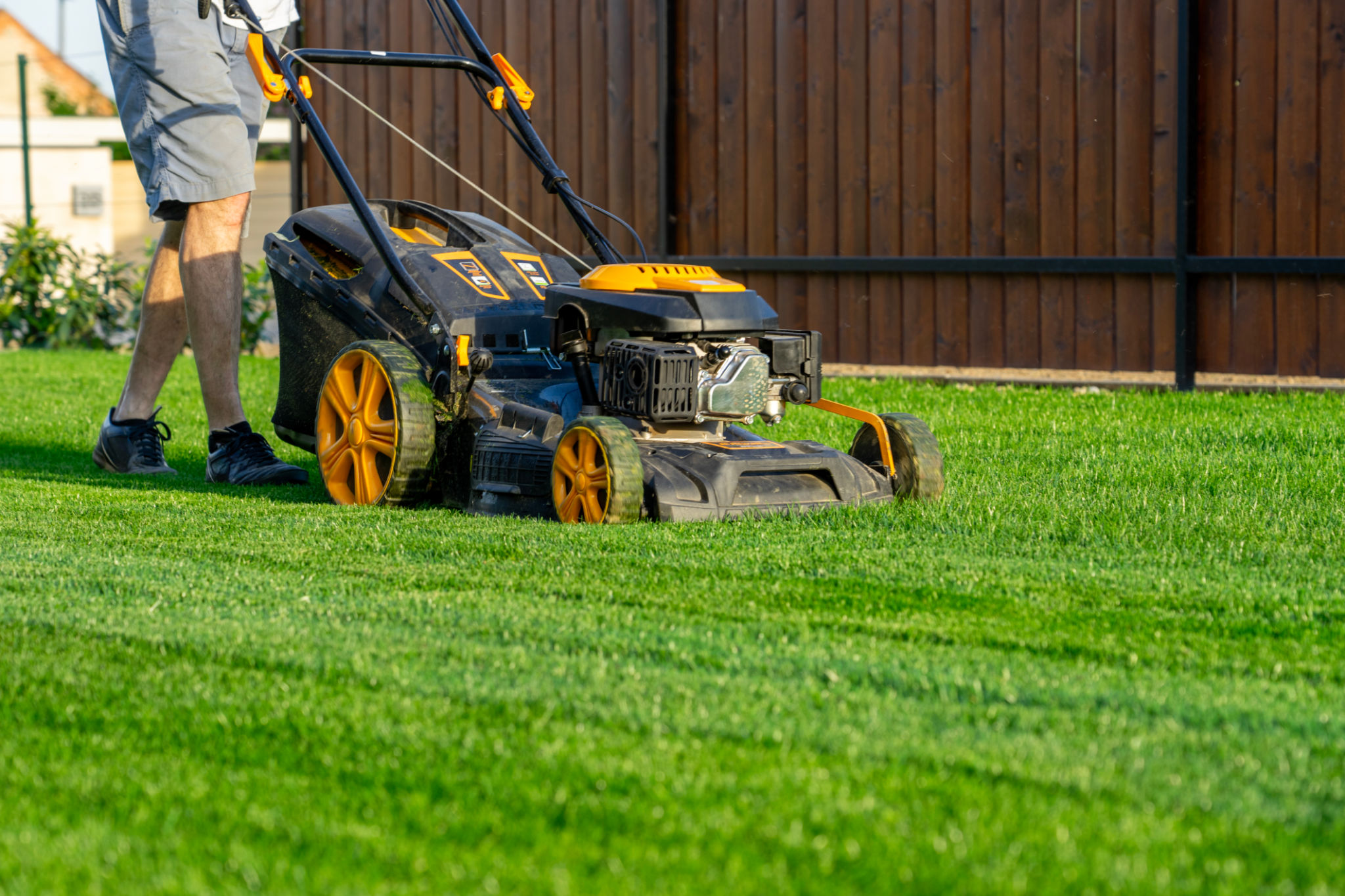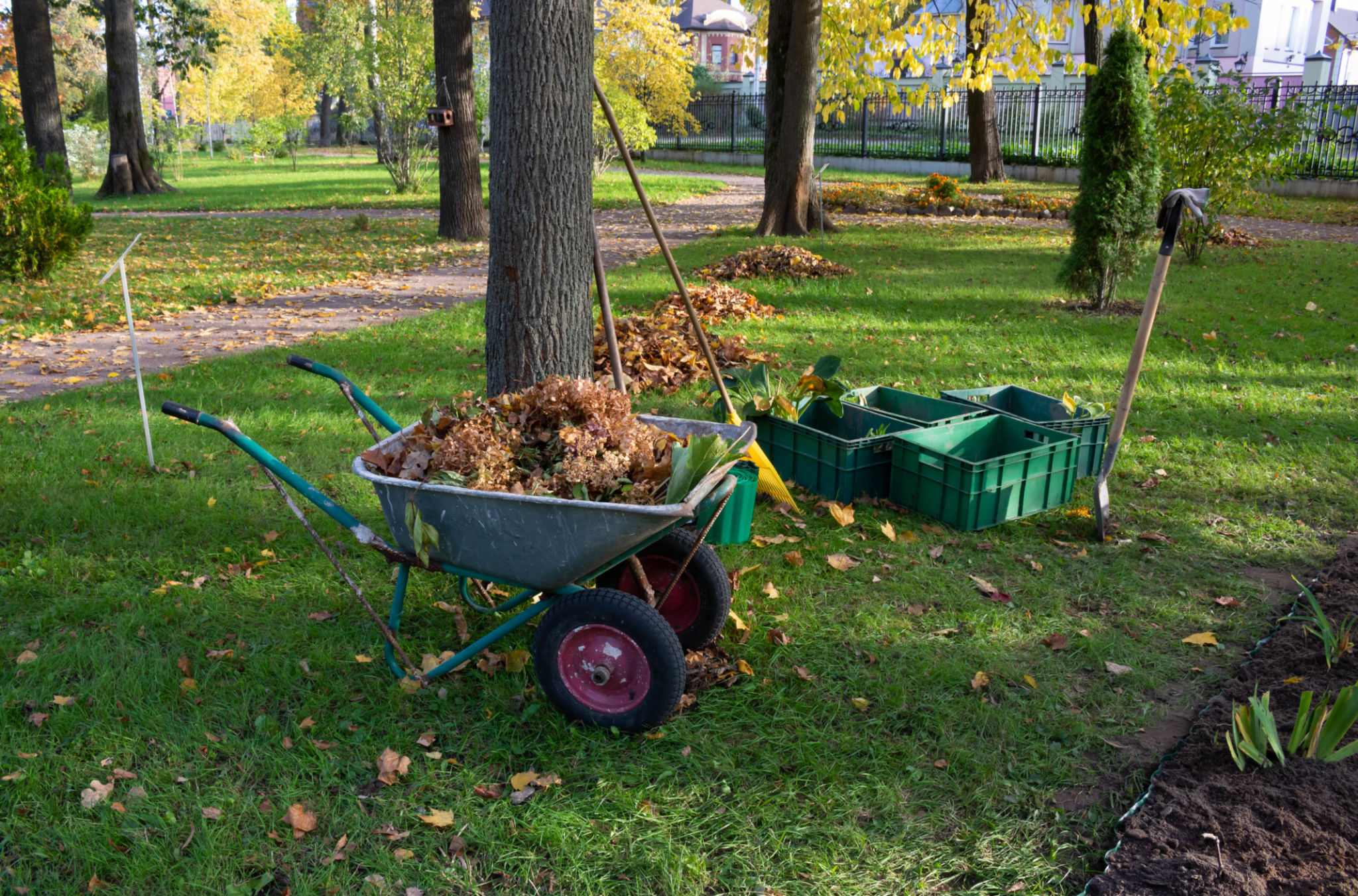Common Lawn Care Mistakes to Avoid in qathet
Tl
Overwatering Your Lawn
One of the most common lawn care mistakes in qathet is overwatering. It might seem like more water would make your grass lush and green, but in reality, it can lead to shallow root systems and an increased risk of fungal diseases. Aim for deep, infrequent watering to promote stronger roots.

Consider the natural rainfall patterns in qathet and adjust your watering schedule accordingly. During the rainy season, you may not need to water your lawn at all. Investing in a rain gauge or a smart irrigation system can help maintain the right balance.
Mowing Too Short
Many homeowners make the mistake of cutting their grass too short, thinking it will reduce the frequency of mowing. However, cutting grass too short can stress the lawn, making it more susceptible to weeds and pests. It's best to follow the one-third rule: never remove more than one-third of the grass blade height at once.
Maintaining a slightly longer lawn also allows for better photosynthesis and moisture retention. Be sure to keep your mower blades sharp to ensure a clean cut rather than tearing the grass.

Ignoring Soil Health
Healthy soil is the foundation of a thriving lawn, but it's often overlooked in lawn care routines. Conducting a soil test can provide valuable insights into nutrient deficiencies and pH imbalances. Based on the results, you can amend your soil with compost, lime, or other nutrients to create an optimal growing environment.
Regular aeration is also important to alleviate soil compaction, which is common in high-traffic areas. Aeration allows air, water, and nutrients to penetrate deeper into the soil, promoting healthy root growth.
Overlooking Seasonal Lawn Care
Each season presents unique challenges and requirements for lawn care in qathet. Neglecting seasonal adjustments can lead to various issues. In spring, focus on removing debris and applying a pre-emergent herbicide to prevent weed growth. Summer requires diligent watering and mowing practices to combat heat stress.

In fall, overseed your lawn to fill in bare patches and apply a slow-release fertilizer to prepare for winter dormancy. Understanding these seasonal needs will help maintain a healthy lawn year-round.
Not Addressing Pest Problems
Pests like grubs and chinch bugs can wreak havoc on your lawn if left unchecked. Regularly inspect your lawn for signs of pest activity, such as brown patches or wilting grass. If you notice an infestation, consider using natural pest control methods or consulting with a professional for safe treatments.
Encouraging beneficial insects like ladybugs and lacewings can also help control pest populations naturally. Maintaining a diverse garden with a variety of plant species can attract these helpful critters.